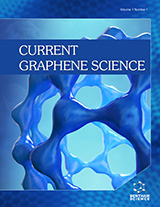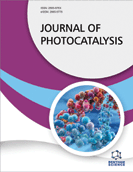Abstract
This chapter presents a vertical tunnel FET (VTFET) designed for light
sensing application to use in medical diagnosis and treatment, tracking of targets,
analysis of the chemical composition, surveillance cameras, etc. Various aspects related
to this optimized VTFET photosensor are analyzed to benchmark its performance
among those available in the literature. A brief discussion on the conventional TFET
geometry is presented to give a better understanding of the advantages of its working
methodologies. The concept of sensing using optically gated VTFET is studied with a
remarkable focus on design perspective and detection principle. The modified TFET
geometry has a photosensitive gate called an optically gated VTFET to use in near-infrared sensing applications. The design approach based on Synopsys Technology
Computer-Aided Design (TCAD), along with suitable physics-based models of
simulation, is introduced in this chapter. A wavelength range of 0.7µm to 1µm is
considered in the simulation process. Analyses of different sensing parameters, such as
sensitivity, responsivity, etc., at low intensity of illumination, are brought to light with
the main focus on the viability of the proposed sensor to be a superior one. Through
such analysis, this chapter presents a low-power, highly sensitive, cost-effective, faster
response time photodetector that may be applicable for next-generation photosensors.






















